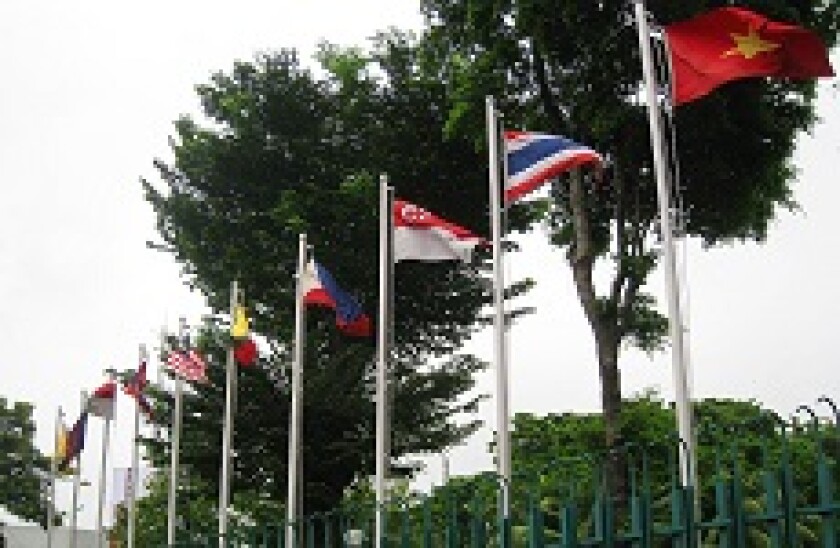The CGIF was set up to much fanfare in 2010. It provides guarantees to companies looking to issue bonds in local currencies in the region, in an effort to promote financial stability in the Asean+3 (China, Japan and Korea) markets.
Yet since 2010, only four issuers have used the multilateral scheme, with a fifth due to price a bond this week.
Despite the minimal use of these guarantees, the success of CGIF should not be measured by the number of transactions alone. After all, the scheme only has a budget of $1.75bn - a pretty small amount to cover 13 countries.
Not that this is meant to be a mass market scheme. Less than half of the formal applications received by CGIF have approved for the guarantee. This is because the facility limits guarantees to bonds that are breaking new ground, and which could not be done without the guarantee, in keeping with the ADB’s remit of developing East Asia’s capital markets.
This requirement to back only breakthrough issues is evident from the deals already approved. For example, the upcoming Vietnamese dong bond from Masan Group will be the first corporate bond in Vietnam with a 10 year tenor since 2007. With previously sky-high inflation rates, long term bonds with fixed rates are deemed risky by investors.
The December 2013 issue by BCA Finance was the first time an Indonesian corporate had accessed the Japanese institutional investor base, and the first time the Japan’s Dia-ichi Life Insurance Company had invested in emerging market corporate bonds.
CGIF also tends to focus on issuers that will get noticed and encourage others to follow. Indonesia's Protelindo Finance and Kolao Holdings used the backing for their international debuts. Both are leaders in their home markets of Indonesia and Laos respectively, and were able to affordably access a new investor pool through CGIF.
The initiative also has to consider the limits to its capacity. The CGIF can encourage cross border issuance in a few countries that are friendly to foreign issuers — Thailand, Singapore and Malaysia. With only $700m in contributions and a guarantee capacity of $1.75bn, CGIF is exactly right to be cautious in which companies it chooses to back.
CGIF’s approach may seem slow, as today’s bond markets carry on churning out deals. But with no P&L to worry about and a responsibility to foster the long term development of the region’s local currency bonds, CGIF can chose — and is right — to take its time.

